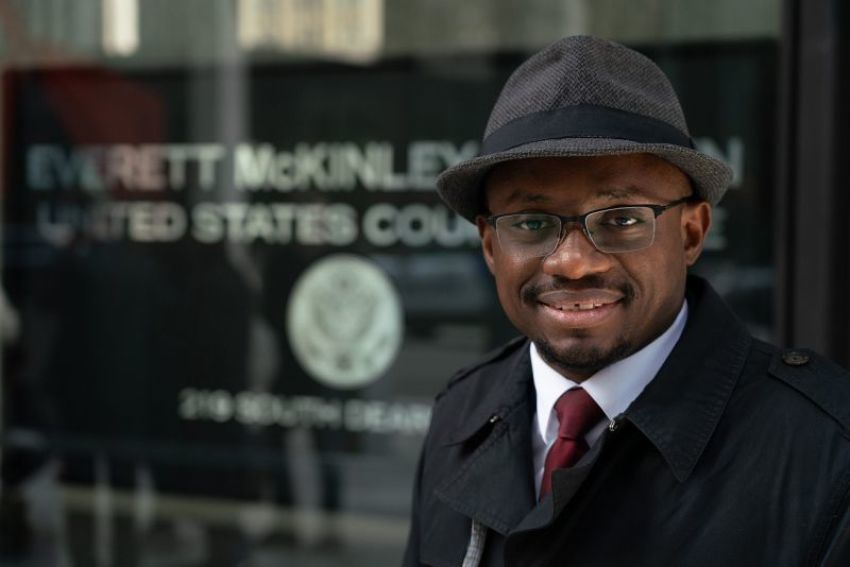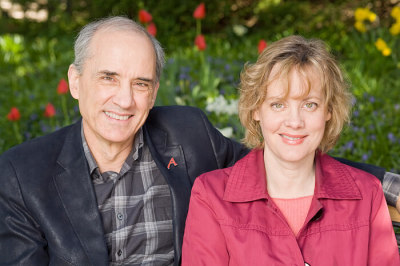Atheist group drops lawsuit that would've created $1 billion church housing tax

An atheist organization ended its lawsuit over a church housing tax allowance that if repealed would have reportedly created approximately $1 billion in new taxes on houses of worship.
The Freedom From Religion Foundation announced last Friday that they were ending their litigation, explaining that they allowed the time allotted for appealing to the United States Supreme Court to expire.
“We have full confidence in the legal merits of our challenge of the discriminatory pastoral housing allowance privileges,” stated FFRF.
“We did not feel the same confidence, however, in how the current Supreme Court would rule in our case, had we appealed. After ‘counting heads,’ we concluded that any decision from the current court would put the kibosh on challenging the housing allowance for several generations.”
Defenders of the allowance argued it made the tax code equitable for similarly situated workers whose housing was tied to their job. FFRF maintained that the clergy housing allowance was “unconstitutional” and a “handout,” claiming that it gives religious figures “preferential treatment.”
“It’s an indictment of the religious establishment that U.S. pastors feel no compunctions about not paying their fair share of taxes. Their charity begins at home,” they concluded.

Becket, a law firm that works on religious liberty cases, celebrated the news of FFRF ending their legal battle, which was known as Gaylor v. Mnuchin.
Becket argued that a repeal of the tax allowance would have placed heavy financial burdens on houses of worship that help service low-income communities.
Pastor Chris Butler of Chicago Embassy Church, who with the help of Becket filed an appeal in the case, called the result “a victory for all houses of worship that serve needy communities across the country.”
“I am grateful that my church can still be a home for South Side Chicago’s at-risk youth, single mothers, unemployed, homeless, addicted, victims of gang violence and others on the streets,” stated Butler, as quoted by Becket.
In 2011, the FFRF filed a lawsuit against the government seeking to strike down 26 U.S. Code § 107(2), a law passed in 1954 that granted a tax exemption on clergy housing allowance.
"In the case of a minister of the gospel, gross income does not include ... the rental allowance paid to him as part of his compensation, to the extent used by him to rent or provide a home and to the extent such allowance does not exceed the fair rental value of the home, including furnishings and appurtenances such as a garage, plus the cost of utilities," reads the provision.
In 2013, U.S. District Court Judge Barbara Crabb ruled in favor of the FFRF. However, a three-judge panel of the U.S. Court of Appeals for the Seventh Circuit overturned her ruling in November 2014, saying the FFRF lacked standing.
In April 2016, the FFRF refiled their lawsuit following the panel's order on standing and in October 2017, Judge Crabb again ruled in their favor.
"Although defendants try to characterize § 107(2) as an effort by Congress to treat ministers fairly and avoid religious entanglement, the plain language of the statute, its legislative history and its operation in practice all demonstrate a preference for ministers over secular employees," wrote Crabb at the time.
"A desire to alleviate financial hardship on taxpayers is a legitimate purpose, but it is not a secular purpose when Congress eliminates the burden for a group made up of solely religious employees but maintains it for nearly everyone else."
In March, a three-judge panel of the Seventh Circuit again overturned Crabb’s ruling, with Judge Michael Brennan writing the opinion, which rejected the claim that the provision violated the Constitution.
“We conclude § 107(2) has a secular legislative purpose, its principal effect is neither to endorse nor to inhibit religion, and it does not cause excessive government entanglement,” wrote Brennan.
“FFRF claims § 107(2) renders unto God that which is Caesar’s. But this tax provision falls into the play between the joints of the Free Exercise Clause and the Establishment Clause: neither commanded by the former, nor proscribed by the latter.”



























